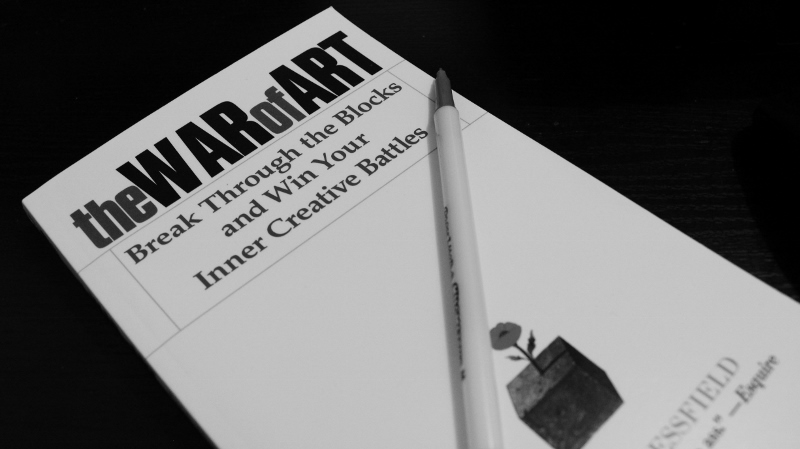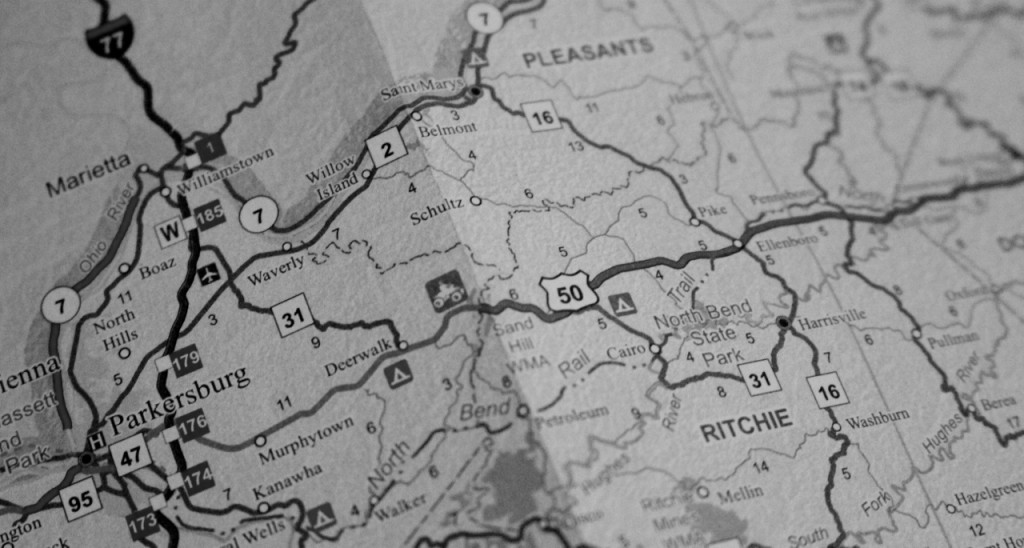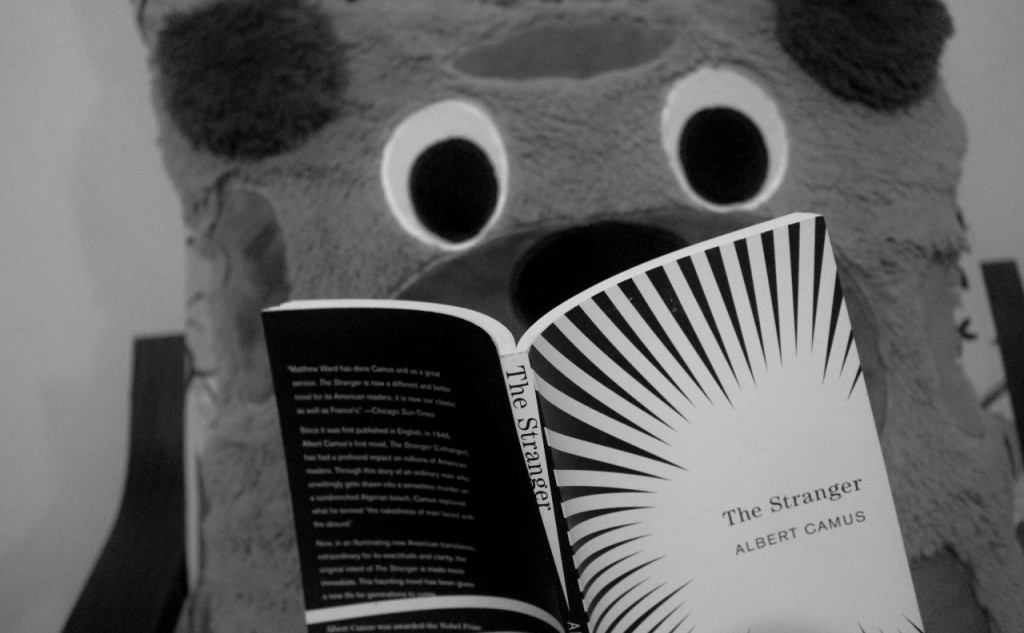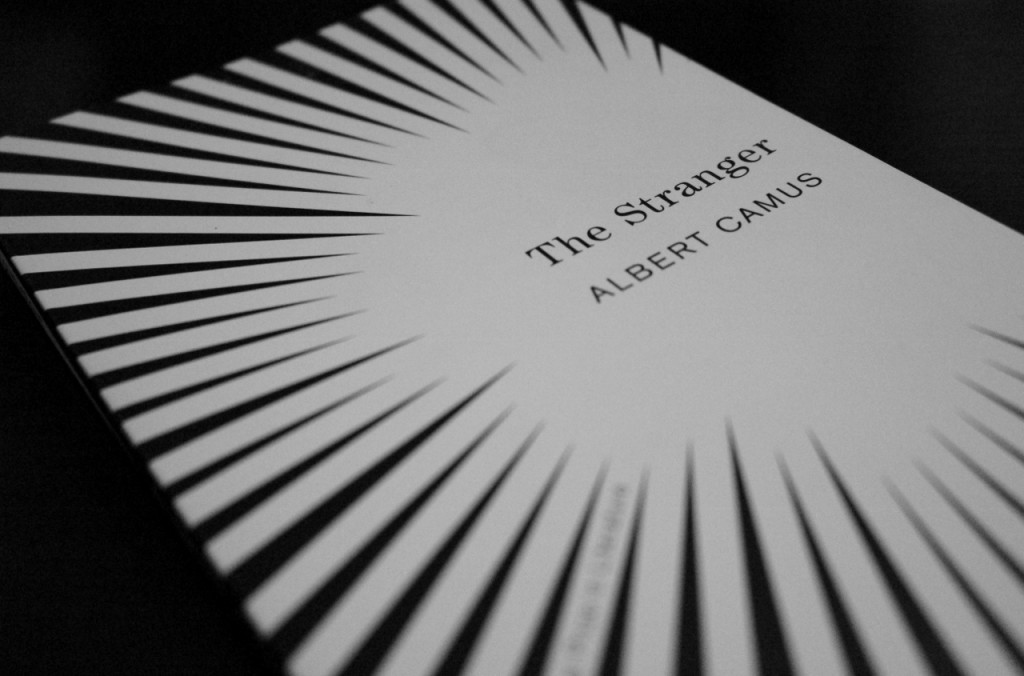The professional cannot allow the actions of others to define his reality.
This quote appears in The War of Art by Steven Pressfield. It’s a must-own for creatives especially but will inspire anybody looking for some motivation. Slowly Pressfield explores the causes of creative resistance before urging you to “turn pro” and then guiding you through some pretty heady self-actualizing pondering. I can’t recommend the book enough and you’ll see Pressfield mentioned often on this blog and other personal development sites (in fact, an entry on his blog was a weekend reading suggestion of mine just last week). His ideas make sense and if his calls to action don’t mobilize you then, well, you may not have a pulse.
The quote of the moment falls in line with our Monday discussion about defining yourself. Once you’ve figured out who you are and what you want to be (and do), one of the hardest obstacles to overcome will be other people. In the age of social media and instant feedback (you could go to the comments right now and tell me how you feel about this article) everybody is a critic and some are less thoughtful about it than others.
Pressfield presents this quote after a story about Tiger Woods being distracted by a camera flash while playing in The Masters during his prime. Woods calmly stopped his swing, collected himself and drove the ball a mile down the fairway. Maybe the flash was a mistake, maybe it was intentional – but the reason wasn’t relevant to Woods and his reaction reflected that. The professional didn’t allow the action of another to enter the equation of his own success. Woods went on to win the tournament.
How often in the course of your day do the actions of another person threaten to derail your day? Or week? Or career? Are you willing to cede that kind of control to other people? Jerks and critics will come and go but – as Pressfield says – you will have to continue to show up or else you’ll never realize your dreams. Others only have the control that you grant them, so be very careful about who you give that kind of power to.
The next time somebody threatens to derail you – whether by accident or on purpose – remember that the only actions you can control absolutely are your own.
Reset the mechanism and go about your business.





